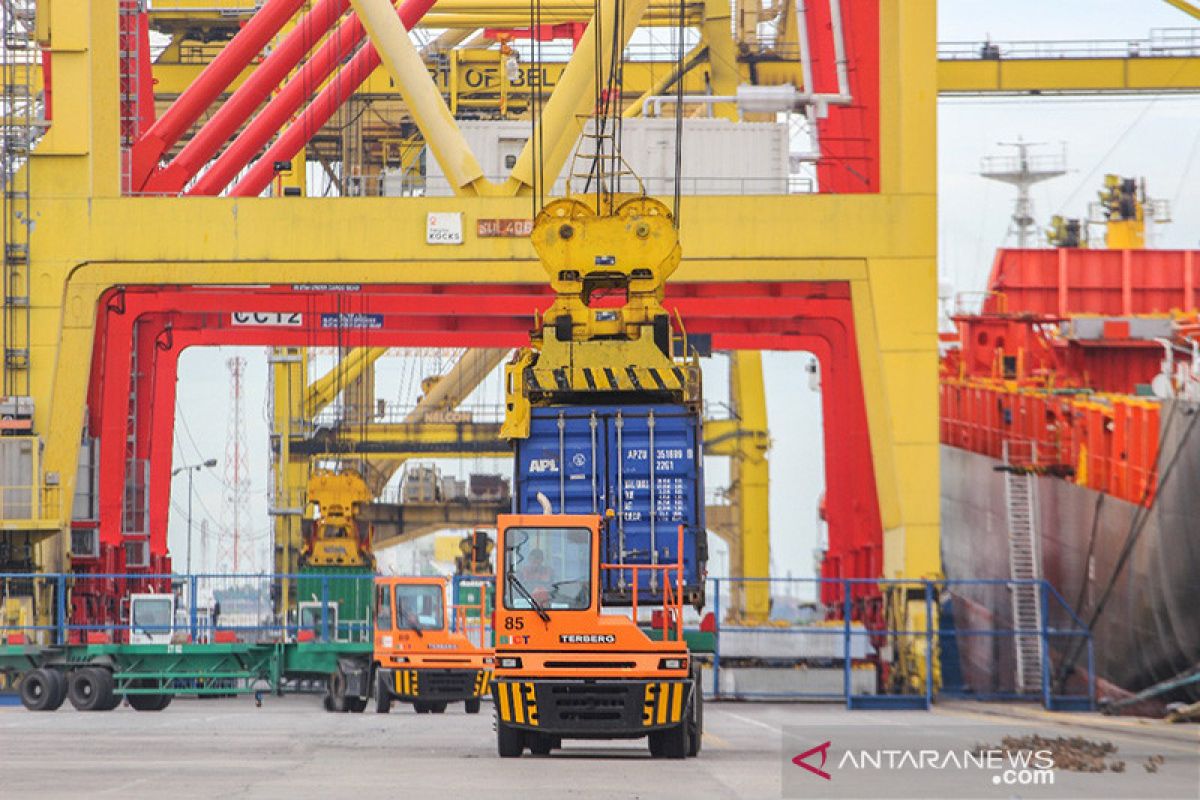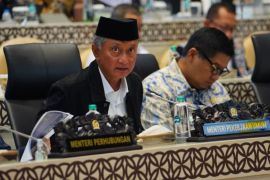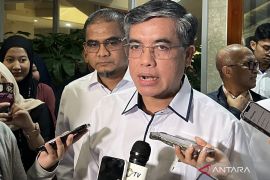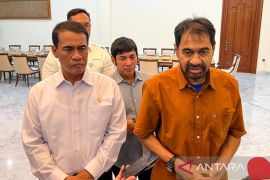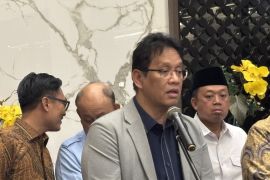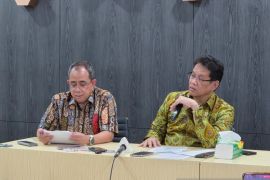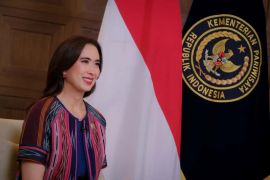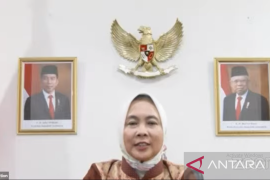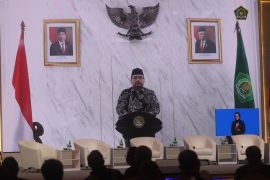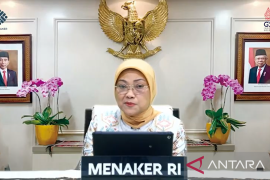"The process of economic recovery in the second semester will be closely related to the handling and control of the pandemicJakarta (ANTARA) - Indonesia’s economic recovery in semester II-2021 would depend on handling challenges in the third quarter in the form of increasing cases of the Delta variant of COVID-19, Minister of Finance Sri Mulyani Indrawati has emphasized.
"The process of economic recovery in the second semester will be closely related to the handling and control of the pandemic," she said at a press conference in Jakarta on Friday.
The increase in positive cases and deaths from COVID-19 caused by the Delta variant had prompted the implementation of mobility restrictions, namely public activity restrictions (PPKM), Sri Mulyani stated.
The implementation of the PPKM Levels 3 and 4 can reduce economic activity, especially in consumption, investment and export activities, she estimated.
The PPKM Levels 3 and 4 will also have an impact on sectors that depend on community mobility such as trade, transportation, and hotels and restaurants.
Therefore, the spread of the COVID-19 Delta variant could be a risk for the outlook with regard to economic growth in the second half of this year, she said.
All elements of the nation, both the government and the community, had a common interest in controlling the spread of the Delta variant, Sri Mulyani also emphasized.
Anticipatory measures such as testing, tracing, treatment (3T) will continue to be strengthened by the government, while the community can play a role through the implementation of 5M, namely wearing masks, washing hands, maintaining distance, avoiding crowds, and reducing mobility.
The state budget (APBN) instrument would continue to work hard to protect the community and maintain the sustainability of the economic recovery process, Sri Mulyani assured.
Related news: Indonesia's economic recovery moving in right direction: SOE Minister
The government has increased the budget allocations for both healthcare and social protection to control the spread of COVID-19 and as an effort to mitigate the socio-economic impact of the PPKM.
The return of Indonesia’s annual economic growth to the positive level of 7.07 percent in the second quarter of 2021 was driven by collective efforts and social stimulus, Presidential Special Staff Arif Budimanta earlier said.
He saw a good contribution to the structure of the domestic economy in terms of expenditure for Gross Fixed Capital Formation (PMTB) and exports, Budimanta said.
“This (number) was achieved by the cooperation of all parties. A number of government policies implemented thus far, through social assistance programs and national economic recovery, all of which have contributed to withstand pressure on the community and also business actors," he said in a written response to ANTARA's queries, Thursday.
The Central Bureau of Statistics had earlier reported that Indonesia's economy grew 7.07 percent year on year in the second quarter of 2021, or 3.31 percent on a quarter-to-quarter basis, indicating that the economy had exited the recession zone after four consecutive quarters.
Related news: MPR deputy speaker lauds Indonesian govt on economic growth
Translator: Astrid F, Azis Kurmala
Editor: Rahmad Nasution
Copyright © ANTARA 2021
